Acing a Job Interview
18 Jan, 20233This article will help you step up your game and ace your next interview.Candidates are chos...

This article will help you step up your game and ace your next interview.
Candidates are chosen for interviews based on their resumes. The interview is then used as a way to further assess an applicant's skills, abilities, and experience. This allows hiring managers to get a better sense of who the person is and whether they would be a good fit for the company.
When applying for a position, it is important to demonstrate your interest in the role.
The interview process is an opportunity for you to share your story and demonstrate your personality. Hiring managers are interested in hearing about your unique experiences and how they have prepared you for the role you are applying for. Everyone has their own story to tell, and it's important to be genuine and authentic in your answers.In order to gauge whether or not an applicant is truly interested in a role, it is best to explain how they would add value to the company. This can be done by detailing past accomplishments and outlining future goals.
Personal goals, an understanding of the role, and how you would be an asset to the company are all important factors to consider when answering the question, "Why do you want this job?" It is crucial that your answer is tailored to the specific job you are interviewing for, and that you articulate why you are the best candidate for the role.
The employer wants to know if the applicant really wants the role. The best way to do this is to explain exactly how they’ll add value to the company.
One of the most commonly asked interview questions is "Why do you want this job?" A candidate should answer this question by incorporating their personal goals, understanding of the role, and how they would be an asset to the company.
Cultural Fit
Culture fit is an important aspect of talent acquisition. It is the process of matching employees to the business's culture. This ensures that employees are a good fit for the company and that they will be able to contribute positively to the workplace.
When applying for a job, it is important to consider how well you would fit in with the company's culture. Do you share common values and beliefs with the organisation? Do your behaviours match up with what the company is looking for? For example, a candidate who prefers to work alone might not be the ideal fit for a company with a more collaborative work atmosphere. Ensuring that you will be comfortable with your potential employer's culture is important, as it can be a major factor in job satisfaction. Many businesses articulate their cultural values on their website, so it is worth taking the time to research this before applying for a position.
Body language
Body language is a form of communication that often goes unnoticed. It can convey confidence or shyness, engagement or disengagement, and so much more. Eonnet says that posture is often one of the first giveaways, and it can have a big impact on how we are perceived by others – even before we open our mouths to speak. Paying attention to nonverbal cues can help you better understand what someone is trying to communicate.
A candidate's body language can be important, but it is not the only factor that will determine whether or not they get a job offer. Presenting oneself confidently and comfortably to the hiring manager can make a difference, even though there are no guarantees. The goal is to come across as passionate and sure of oneself.
What to do after the job interview?
It is always best practice to follow up with an email after an interview. This keeps you fresh in the hiring manager's mind and reinforces your interest in the position. The recommended timeframe to do this is within 24 hours of the interview.
As with all types of interviews, the most important things are to prepare and relax.
If you have any questions about an upcoming interview or are looking for new opportunities get in touch with one of our specialist consultants.



